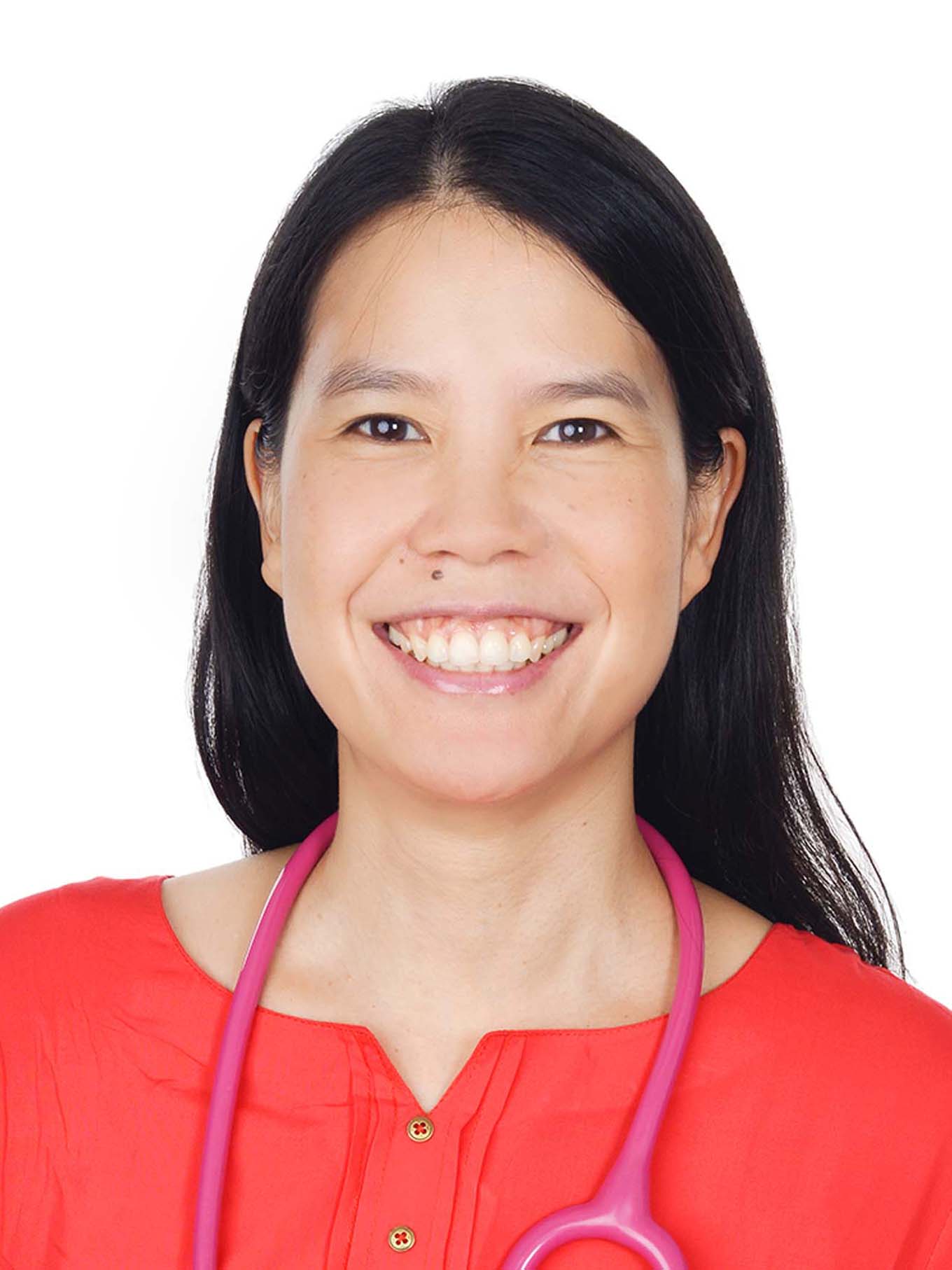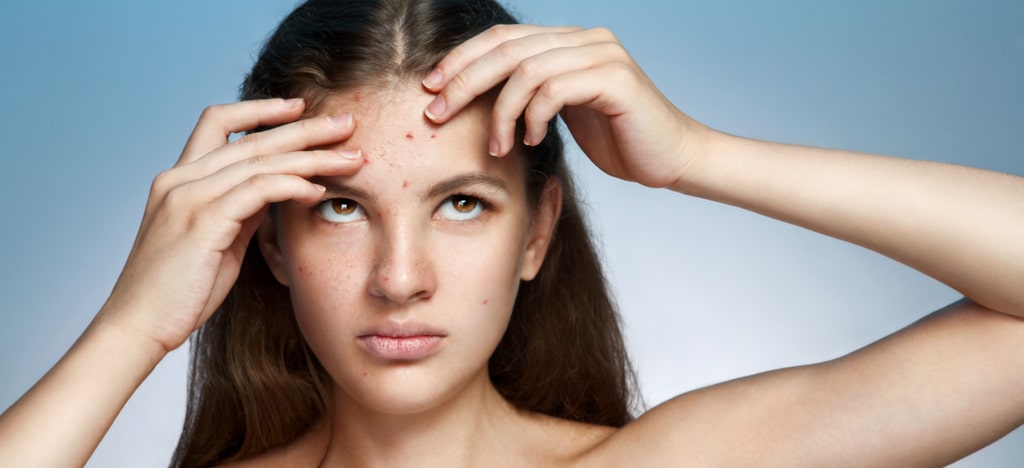What is acne?
Your skin is made up of pores that contain sebaceous glands. These sebaceous glands produce sebum or oil that moisten your skin or hair. Acne occurs when your hair follicles become plugged with oil and dead skin cells.
Acne can present as whitehead (closed plugged pores), blackhead (open plugged pores), papules (small red and tender bumps), nodules (large, solid, painful lumps beneath the surface of the skin) or cystic lesions (painful, pus-filled lumps beneath the surface of the skin).
What makes teenagers prone to acne?
Teenagers get acne because of the hormone changes that come with puberty. The increase of androgen hormones during puberty stimulates the sebaceous glands to make more sebum or oil, and the glands can become overactive. When there is too much sebum, that oil clogs the pores and leads to acne.
Genetics also plays a role in acne. An individual whose parents had acne as teenagers are likely to develop acne too.
Friction or pressure on your skin can increase acne formation. This can be caused by items such as cellphones, helmets, tight collars and backpacks.
Stress doesn’t cause acne, but if you have acne already, it can make it worse.
What can you do to help prevent acne?
- To help prevent the oil buildup that can lead to acne, wash your face once or twice a day with warm water and a mild soap or cleanser.
- Don’t scrub your face. Scrubbing can actually make acne worse by irritating the skin. Wash gently, using your hands instead of a washcloth.
- If you wear makeup, moisturizer, or sunscreen, make sure they are “oil-free,” “noncomedogenic,” or “nonacnegenic.”
- When you wash your face, take the time to remove all of your makeup.
- If you use hair sprays or gels, try to keep them away from your face because they can clog pores.
- If you have long hair, keep it away from your face and wash it regularly to reduce oil.
- Baseball caps and other hats can cause pimples along the hairline. Avoid them if you think they are making your acne worse.
- Wash your face after you’ve been exercising and sweating a lot.
- Try not to touch your face.
What can you do if you get acne?
- Try not to touch, squeeze, or pick at a pimple, it can make the acne worse. It is important to keep your hands off your pimples. When you play around with pimples, it can cause even more inflammation by opening them up. The oils from you hands can worsen your acne and picking pimples can lead to scars on your face.
- You may try products that contain benzoyl peroxide or salicylic acid. Benzoyl peroxide kills the bacteria that can lead to acne and it can also reduce swelling of pimples. Salicylic acid is another acne-fighting ingredient. It causes skin to dry out and peel, which can help get rid of pimples.
- Make sure you follow the directions of the acne products carefully. Do not use more than you’re supposed to, it may lead to further skin irritation and make it very dry. If you are trying the product for the first time, it is advisable to try a little bit first on small area of your skin to make sure you are not allergic to the product. It is important not to give up if you don’t see results the next day. Acne medicine can take weeks or months to work.
If your teenagers have serious acne, they can get help from their doctor or a dermatologist. Doctors can prescribe stronger medicine than you can buy at the store. Acne prescriptions can include stronger creams that prevent pimples from forming or antibiotics that decrease swelling and kill bacteria that cause pimples.
Remember that 8 out of 10 preteens and teenagers have acne. So, if you have acne, you are not alone.

Call T:6887 4440 or click here to make an appointment: https://www.imc-healthcare.com/appointments/

































